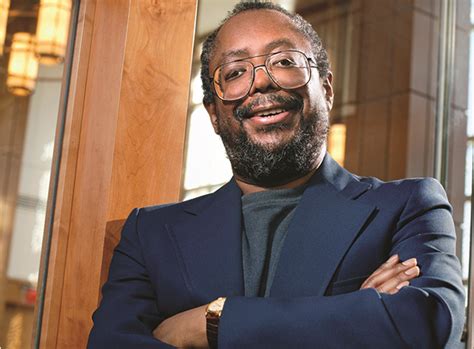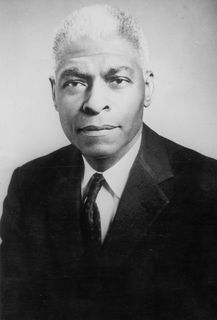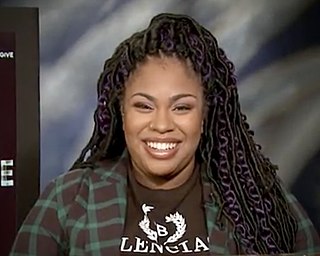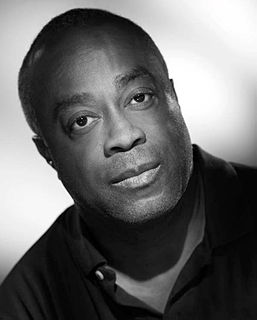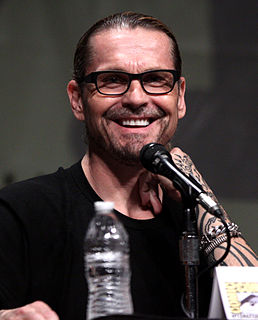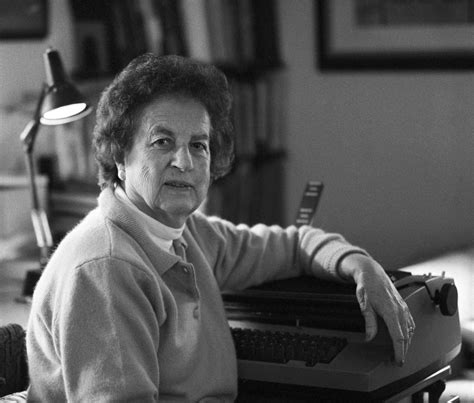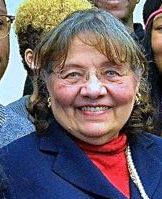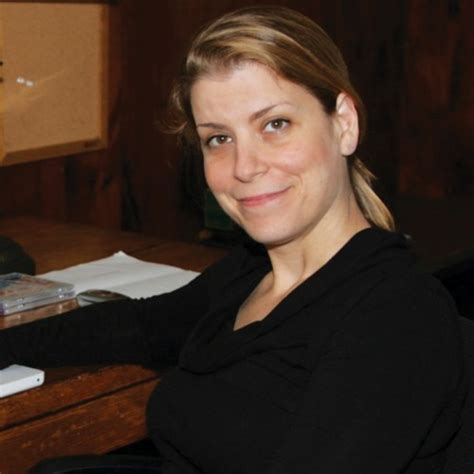A Quote by Edward P. Jones
At first I read mostly books by Southern authors - black and white - because almost all the people I knew were born and raised in the South, starting with my mother. I remember I got a lot of Erskine Caldwell.
Related Quotes
I would say I'm black because my parents said I'm black. I'm black because my mother's black. I'm black because I grew up in a family of all black people. I knew I was black because I grew up in an all-white neighborhood. And my parents, as part of their protective mechanisms that they were going to give to us, made it very clear what we were.
I am not a Republican, nor a Democrat, nor an American, and got sense enough to know it. I am one of the 22 million black victims of the Democrats, and one of the 22 million black victims of the Republicans, and one of the 22 million black victims of Americanism... You and I have never seen democracy; all we've seen is hypocracy... If you go to jail, so what? If you're black, you were born in jail. If you're black, you were born in jail, in the North as well as the South. Stop talking about the South. Long as you south of the Canadian border, you're south.
I particularly love where I work because I was born, raised, and still live in the Bronx. I work in a Bronx location, so it's very fulfilling to me to be working in my home borough, and working with kids that are a lot like me and who can see themselves in me. My own teaching philosophy is to expose them to books that they might not otherwise read, particularly authors of color, authors whose stories are based in New York City.
Coming from the South and growing up in L.A. where it was so segregated - worse than the South in many ways - all the people in my neighborhood were from the South. So you had that Southern cultured environment. The church was very important. And there were these folk ways that were there. I was always fascinated by these Southern stories, people would share these mystified experiences of the South. I wanted to talk about folklore.
When I lived in China, there were no libraries. My mother bought books for me, and they were mostly the classics. I read 'Peter Pan,' 'The Secret Garden,' the 'Rosemary' books, and Kipling's 'Just So' Stories was one of my favorites. No, I didn't read historical fiction. It didn't exist where I was growing up in China.
I remember when I was writing my memoir and I was worried about what other people would think when they read it, and my mother, who can be this incredibly wise person, said that it really didn't matter because strangers who read it would never meet me anyway, and people I knew were aware of my secrets.
